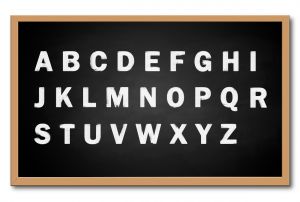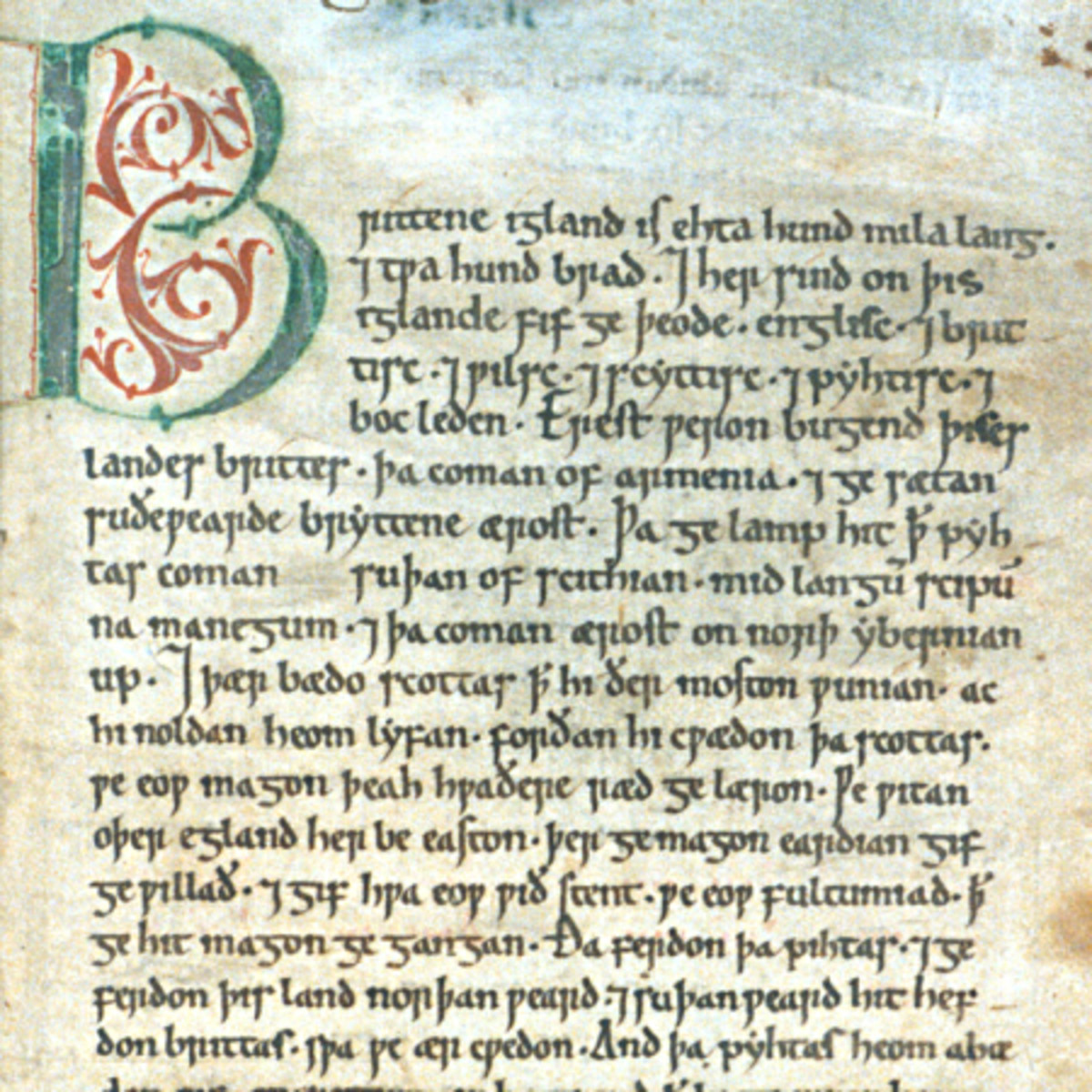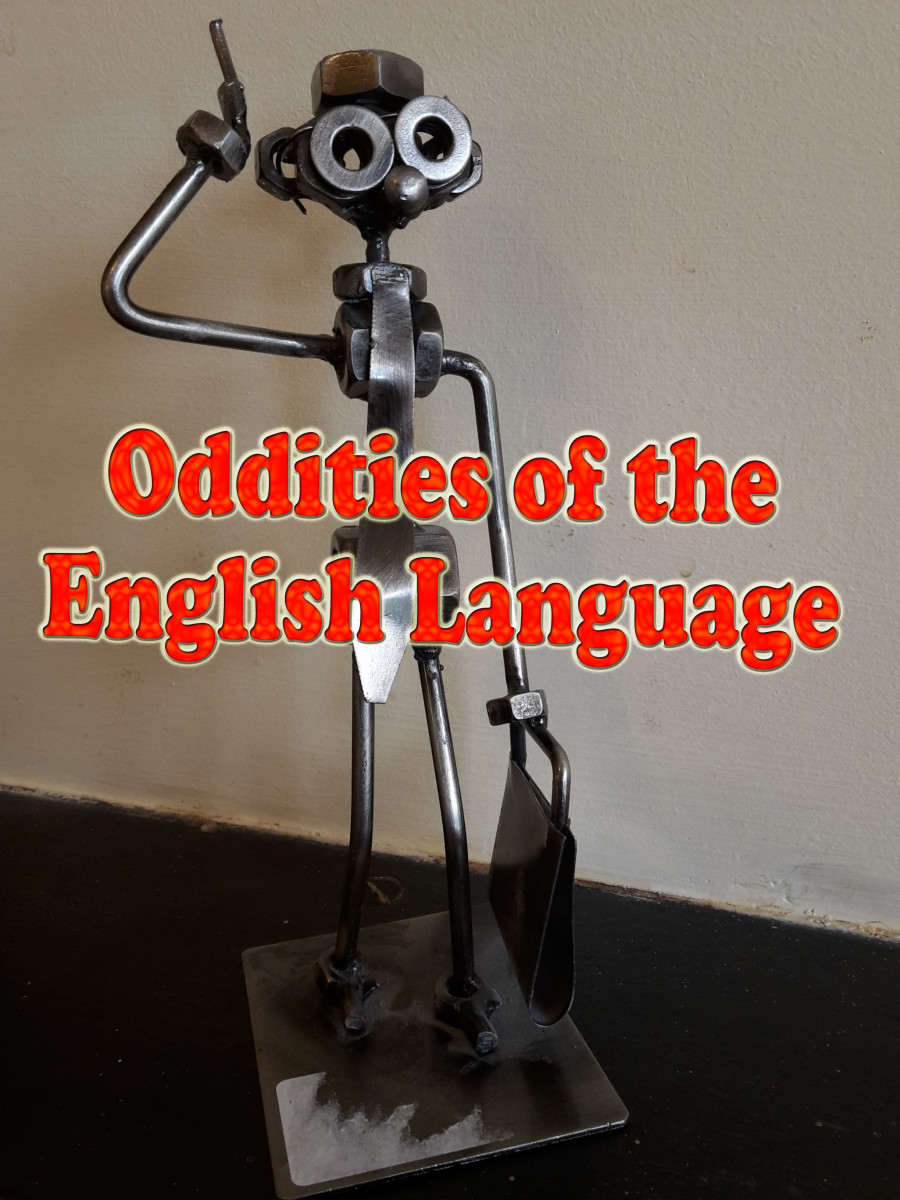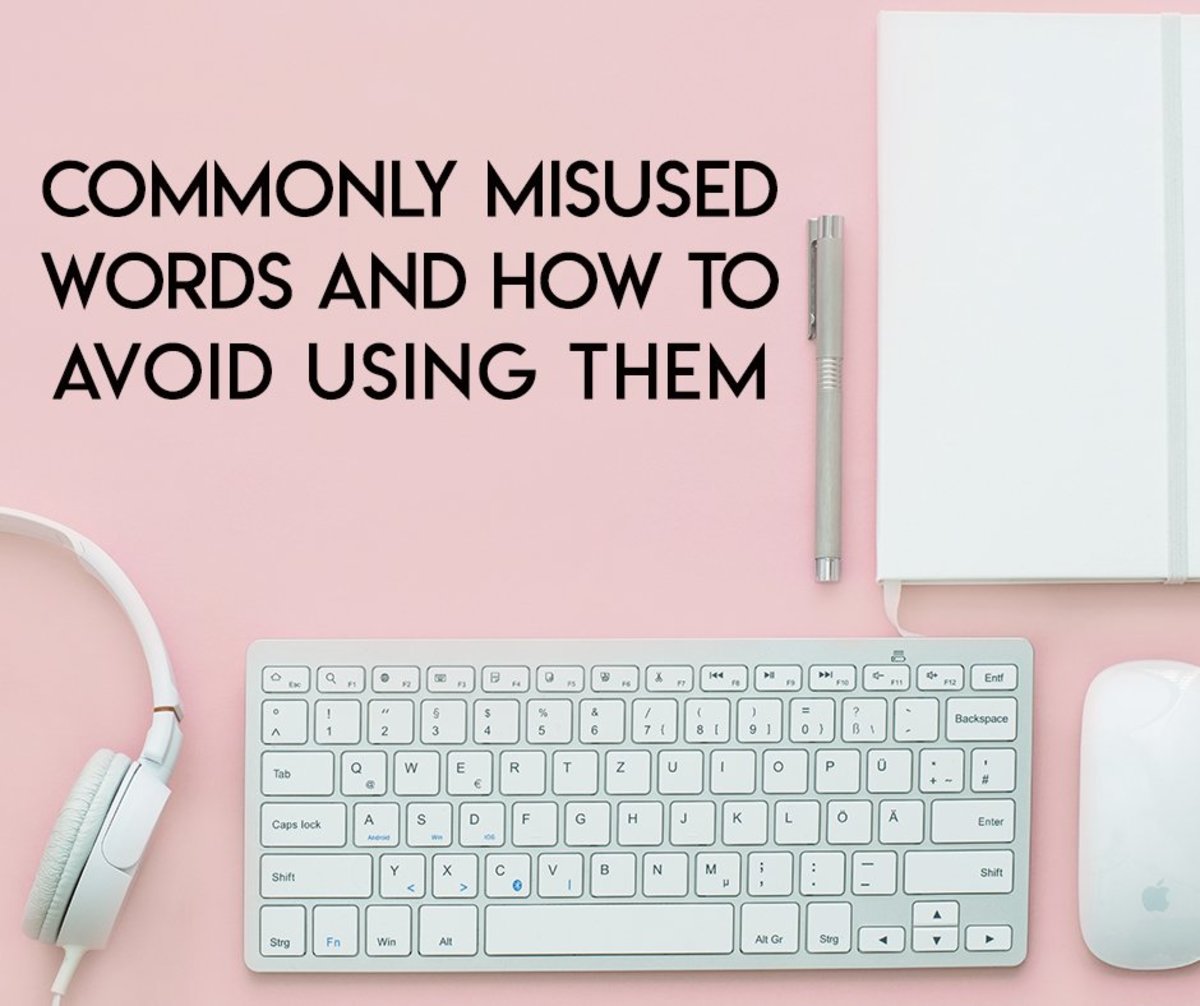Capitalization Rules for Titles in the English Language

I have always been confused about which word should be capitalized in a title so, some time back, I decided to just capitalize all the words in my titles. I know that that’s not right, but at least I can’t be accused of being inconsistent. But, being the perfectionist that I am, I decided to learn what my English teacher never taught me.
No Standard Rules
I was surprised to find that there isn’t a general agreement as to what words should be capitalized. The styles range from the minimalist in which only the first word and proper nouns are capitalized, to simply capitalizing all the words in the title. Apparently, the advice is to find a style that works and stick to it.
I won’t have minded going back to my style, that is, capitalizing all the words in the title except that it does seem a tad unprofessional. So, I thought I’d take a closer look at one of the major style guide and see if it suits me.
The Chicago Manual of Style
The Chicago Manual of Style is considered one of the major style guides and puts it thus:
- Capitalize the first and last word.
- Capitalize all nouns, pronouns, adjectives, verbs, adverbs and subordinate conjunctions.
- Lowercase all articles, coordinate conjunctions and prepositions.
- Lowercase the “to” in an infinitive.
Just Tell Me Which Words to Capitalize and Which Ones Not to
I don’t know about you, but I can’t tell my coordinate conjunctions from my subordinate conjunctions. Come to think of it, I’m not quite sure what a conjunction is. And when you throw in articles, prepositions and infinitives, I am wondering if the Chicago Manual of Style is talking about a foreign language.
It isn’t as simple as figuring out the function that each word serves and just coming out with a list of words not to capitalize as a word can have different functions depending on how it is used in a sentence. Let me come up with a simple example to illustrate:
“I switched on the fan to fan the flames.”
The first use of the word “fan” describes a physical object while the second use describes an action. Let’s take a look at a more relevant example:
First Sentence: “The check is in the mail.”
Second Sentence: “She did not give in.”
The word “in” serves different functions in both sentences. It is used as a preposition in the first sentence and should not be capitalized while it is part of a phrasal verb in the second sentence and should be capitalized.
The Simpler Style Guide
I have to admit that I’m grammatically challenged and while I don’t write broken English, I am hopeless when it comes to knowing the function a word performs in a sentence. I can pick out a noun, an adjective and a verb with relative ease, but that’s about as far as my competency goes.
So, the Chicago Manual of Style is definitely not for me. I have decided to come up with a simpler style, titled, quite literally, “The Simpler Style Guide”:
- Capitalize the first and last words of the title.
- Capitalize all other words in the title except for the following words:
- Coordinating Conjunctions - for, and, nor, but, or, yet, so.
- Articles - a, an, the.
- Short Prepositions - as, at, but, by, for, in, of, off, per, on, to, up, via.
Admittedly, the 23 words that are not to be capitalized do present a slight difficulty when trying to memorize all of them. A simple way would be to capitalize all words containing four letters and above and then pick out all the two and three letter nouns, verbs and what-nots to capitalize.
Feel free to adopt it as your own if you wish. I feel that the style guides out there just makes things too complicated and, as writers, we should be much more concerned in effectively getting our message across, rather than agonizing over which words to capitalize.
Other Capitalization Issues
When coming out with your own capitalization style, there are issues which you might not consider or which you might not be aware of, until you come across them. For example, think about words like iPad, which starts with a lowercase letter. Or, how about two words separated with a hyphen? Do you capitalize both words, or just the first one?
Conclusion
I hope I have given you some idea about the capitalization of titles in the English language. Do some research, look at other people’s titles to see what looks good and what doesn’t, and at the end of it, pick a style that suits you. And stick with it.
References:
2. Grammar Girl








